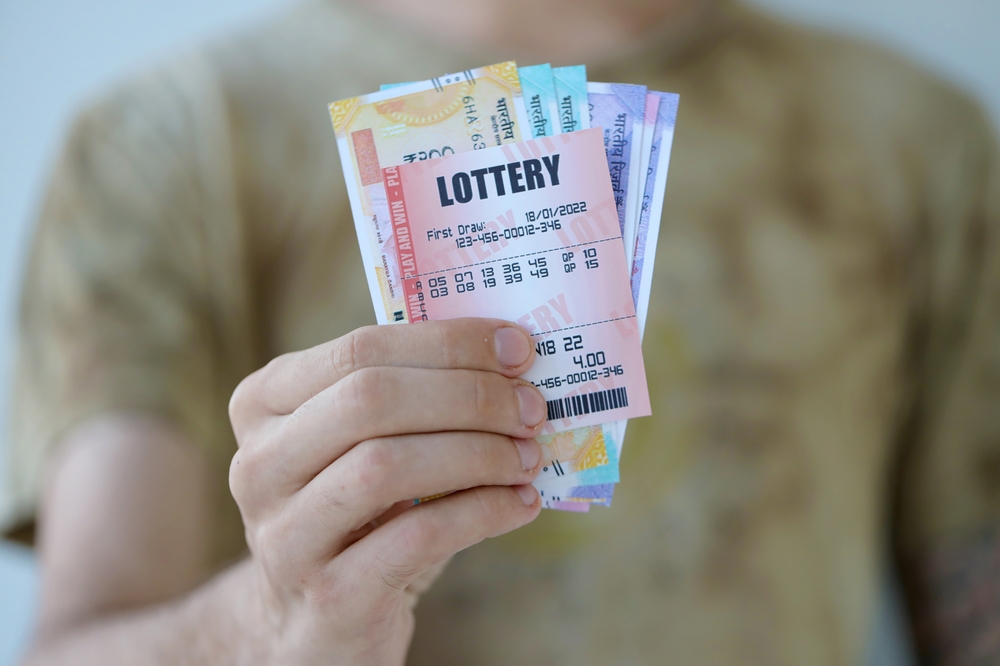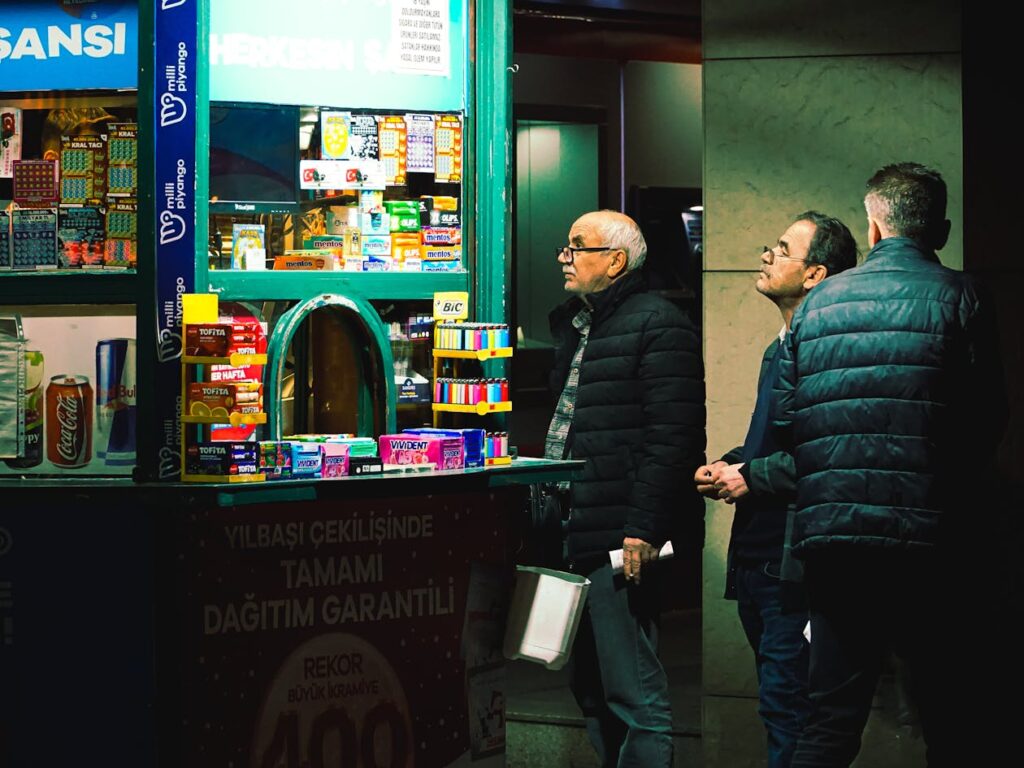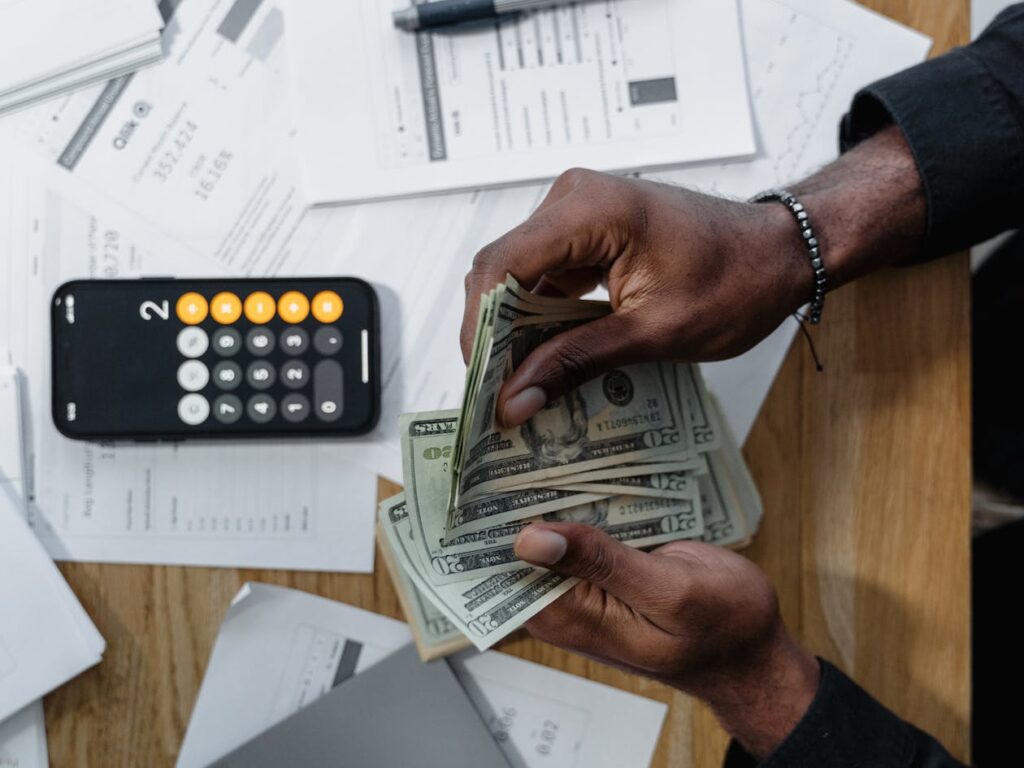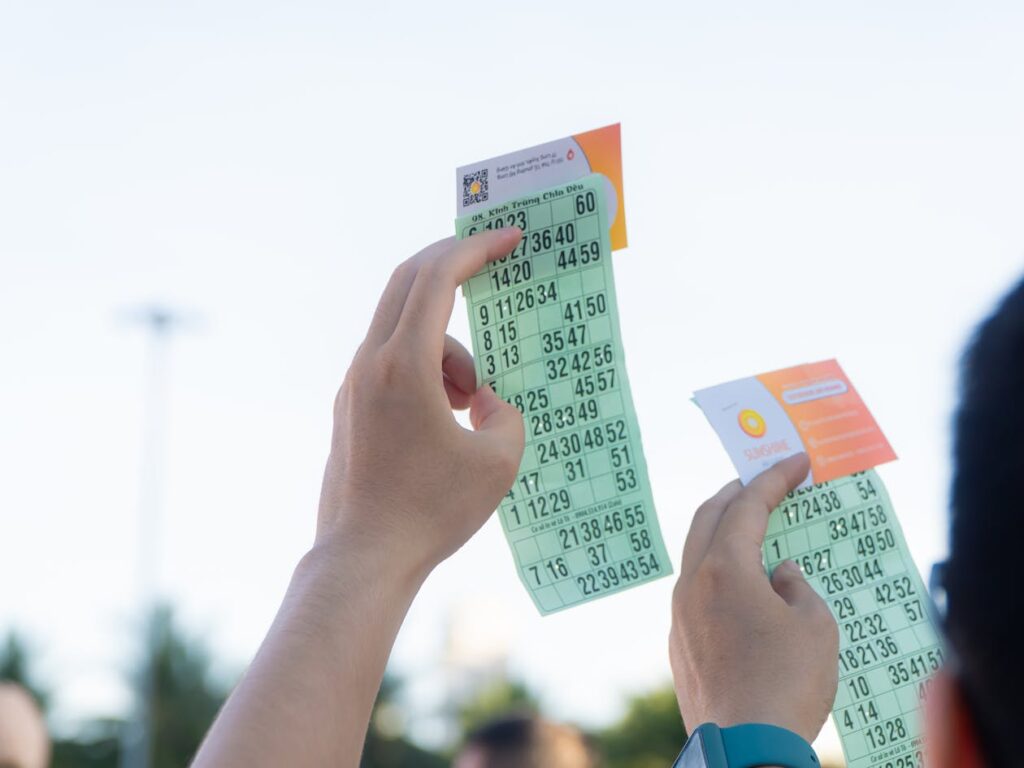Romanian Mathematician Won Lottery 14 Times Before Laws Changed to Stop Him

Lightning strikes humans more often than lottery jackpots pay out. Statistical probability makes winning a mathematical absurdity for anyone buying tickets at convenience stores hoping for miracles. Yet one Romanian economist defied these odds repeatedly, claiming victory fourteen separate times across multiple continents.
Stefan Mandel didn’t rely on lucky numbers, superstitious rituals, or divine intervention. Instead, he discovered something lottery organizers overlooked for decades. Simple mathematical observation revealed a flaw in systems designed to generate random outcomes. Armed with calculators, thousands of investors, and printing equipment, he transformed gambling into guaranteed profit.
FBI and CIA investigations followed his wins. Governments changed laws specifically to stop his method. Bankruptcy courts eventually claimed his fortune despite massive jackpots. Yet his story proves that luck sometimes surrenders to mathematics when someone asks the right question.
Communist Romania Salary Sparks Desperate Escape Plan
Mandel earned just $88 monthly working in Romania during the 1960s when communist government controlled every aspect of life. Families couldn’t leave the country without substantial bribes to officials who controlled exit permits. Savings accounts grew slowly when most income disappeared into basic survival needs.
First lottery syndicate formed when Mandel realized pooling money with others multiplied ticket-buying power. Group of investors contributed funds to purchase lottery tickets, agreeing to split any winnings proportionally based on investment amounts. Mathematical principles suggested this approach improved odds compared to individual ticket purchases.
Romanian lottery win netted syndicate $19,000 total. Mandel’s personal share came to roughly $4,000 after distribution among all contributors. Money proved sufficient to bribe necessary officials and relocate his family out of communist control. Family settled first in Israel before moving permanently to Australia, where Mandel began studying lottery systems more seriously.
Success in Romania planted seeds for larger schemes. If pooling resources worked once, perhaps scaling up could produce consistent results. Australia provided perfect laboratory for testing theories about systematic lottery exploitation.
Simple Question Changes Everything About Lottery Odds

What happens when someone buys every possible number combination? Mandel posed this question while analyzing Australian lottery structures. Mathematical certainty replaces probability when player holds tickets covering all potential outcomes.
Typical lottery requiring players to select six numbers from pool of 40 options generates 3,838,380 possible combinations. Each ticket costs money, so purchasing complete coverage requires substantial capital. However, as one analysis noted, “Mandel noticed that in certain lotteries the jackpot prize rose to more than three times the cost of buying up every single possible combination of the lottery.”
Odds shift from millions-to-one longshot to guaranteed win when player holds all tickets. Math problem transforms into logistics challenge about printing, purchasing, and processing millions of tickets before drawing occurs. Mandel recognized this fundamental shift from gambling to arbitrage opportunity.
Jackpots worth three times the combination cost created profitable scenarios. Even after paying investors and covering expenses, significant profits remained possible. What seemed like random game of chance became calculable investment opportunity for someone with organizational skills and access to capital.
Six-Step Formula That Made Millions

Mandel developed systematic approach perfected over years of lottery participation. First step involved calculating total possible combinations for any target lottery. Mathematical formulas determine combination counts based on number pool size and how many selections each ticket requires.
Second step required finding lotteries where jackpots exceeded three times the cost of purchasing every combination. Monitoring multiple lottery systems simultaneously identified opportunities when jackpot growth reached profitable thresholds. Some lotteries rolled over repeatedly, building massive prize pools.
Third step demanded raising enough capital to cover all ticket purchases. Mandel created investment syndicates attracting thousands of backers willing to fund bulk ticket buying. International Lotto Fund served as primary vehicle for collecting investor money. Pacific Financial Resources corporation handled operational aspects.
Fourth step involved printing millions of tickets with every possible combination. Mandel created algorithms generating combinations systematically, then automated printing process. Home printing remained legal in some jurisdictions during 1980s and early 1990s, allowing mass ticket production.
Fifth step required delivering tickets to authorized lottery retailers before drawing deadlines. Teams of employees carried tickets to gas stations, convenience stores, and other outlets willing to process bulk purchases. Pre-arrangements with retailers prevented checkout line disasters.
Sixth step meant collecting winnings and distributing returns to investors. After securing prizes, Mandel paid promised percentages to backers while keeping margins for himself. Legal and operational costs reduced final profits substantially.
Virginia Lottery Becomes Perfect Target
New Virginia state lottery used only numbers 1 through 44 instead of standard 49 or higher ranges. Limited number pool created just 7,059,052 possible combinations compared to typical 25 million or more combinations in other state lotteries.
Jackpot reached $15.5 million with $1 ticket prices. Mathematics showed purchasing all combinations cost $7,059,052, leaving $8,440,948 profit before expenses and investor payouts. Perfect opportunity existed if logistical challenges could be overcome.
Mandel assembled team of sixteen employees dedicated to Virginia operation. Three months of preparation involved printing 1,411,811 physical tickets covering all combinations. Computer algorithms ensured no duplicates or gaps in coverage existed.
Pre-arrangements with retailers established purchasing channels before jackpot reached target levels. Gas stations and convenience stores agreed to process unusual bulk transactions. Some vendors backed out at last minute, creating gaps in coverage and adding tension to execution.
Two Frantic Days of Bulk Ticket Buying

When jackpot hit profitable threshold, Mandel ordered teams into action. Employees spread across Virginia delivering pre-printed tickets to participating retailers. Two days of purchases ensued as workers raced against drawing deadline.
Logistical problems emerged as some previously committed retailers refused bulk transactions. Nervous store managers worried about legal implications or simply couldn’t process thousands of tickets quickly enough. Gaps appeared in combination coverage as clock ticked down.
After frantic purchasing period, team had secured 6.4 million of the 7 million combinations needed for guaranteed win. Missing 600,000 tickets created uncertainty about whether winning numbers fell within purchased range or gaps. As one account described: “Though tense, they did have the winning ticket in their unreasonably large pile of losing tickets.” Team waited anxiously for drawing results.
Winning ticket existed somewhere within massive pile of losing tickets. Mandel’s gamble paid off despite incomplete coverage. Return on investment exceeded costs even after paying investor shares. Virginia win proved concept could scale to major American lotteries.
FBI and CIA Launch Investigation Into Scheme
Authorities noticed unusual bulk ticket purchases and launched investigations. FBI examined potential fraud, money laundering, or other criminal activities. CIA interest suggested concerns about international investment schemes or improper fund transfers.
Years-long legal battle followed as Mandel defended legitimacy of his system. No laws explicitly prohibited buying large quantities of tickets or using computer-generated combinations at that time. Techniques stayed within written rules despite violating spirit of lottery as entertainment for regular people.
Investigators found no wrongdoing beyond aggressive exploitation of legal loopholes. Mandel and International Lotto Fund were cleared of criminal charges. As one report stated: “He was investigated by the FBI and CIA, but no wrongdoing was found.” However, legal defense costs consumed substantial portions of winnings. Publicity from investigations damaged reputation and made future operations difficult.
Virginia incident prompted immediate regulatory responses. Lawmakers recognized system vulnerabilities and moved quickly to close loopholes Mandel exploited.
Laws Changed to Stop Anyone Copying System
US and Australia banned bulk ticket purchases following Mandel’s successful operations. Regulations required all tickets purchased at retail locations through point-of-sale systems. Computer-generated tickets became prohibited in most jurisdictions.
Home printing loopholes closed permanently. Players must physically visit retailers and purchase tickets individually through official terminals. Transaction limits prevent anyone from buying thousands of tickets at single location. Mandel’s exact method became impossible to replicate legally.
Changes came too late to prevent his wins but stopped future exploitation. Lottery systems now protect against mathematical arbitrage through strict purchasing restrictions. What worked in 1990s cannot work today regardless of jackpot sizes or combination counts.
From $27 Million Jackpot to Bankruptcy Court

Mandel won major $27 million jackpot in 1992. Success seemed to validate years of system development and operational refinement. Millions flowed to investors while Mandel retained his share according to syndicate agreements.
Just three years later in 1995, Mandel declared bankruptcy. Legal fees from investigations consumed enormous sums. Operational costs, investor payouts, and lifestyle expenses depleted reserves faster than jackpots replenished them. Even massive wins proved insufficient against mounting obligations.
Next decade saw Mandel involved in various alleged investment schemes. Details remain murky about these ventures and whether they succeeded or added to financial troubles. Pattern suggests someone who understood mathematical systems but struggled with sustainable business models.
One win netting $1.3 million left Mandel with just $97,000 after investor distributions and costs. Margins proved thinner than jackpot headlines suggested. Profits existed but required massive coordination and substantial capital at risk.
Quiet Retirement on Pacific Island Paradise
Mandel now lives in Vanuatu, South Pacific island nation known for volcanoes, waterfalls, and tropical beaches. Beach house lifestyle represents final chapter after decades of lottery operations, legal battles, and financial turbulence.
Questions persist about total earnings retained from fourteen lottery wins. Legal expenses, investor payouts, operational costs, and bankruptcy proceedings make net profit calculations difficult. Some wins generated substantial returns while others barely covered expenses.
Legacy remains as man who proved mathematical thinking could overcome random chance in systems designed to resist such exploitation. Whether viewed as genius or opportunist depends on perspective about gaming systems versus following rules.
Laws worldwide now prevent anyone replicating Mandel’s methods. Modern lottery players face same terrible odds as always: one in 302.5 million for Mega Millions jackpot. Four times more likely to suffer lightning strike than win lottery jackpot when buying individual tickets.
Mandel’s story serves as historical curiosity rather than practical advice. Only someone with millions in capital, thousands of investors, algorithmic printing capabilities, and friendly legal environment could have attempted such scheme. Those conditions no longer exist anywhere.
Loading...

